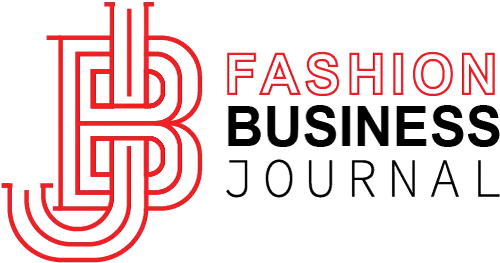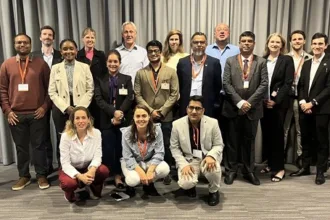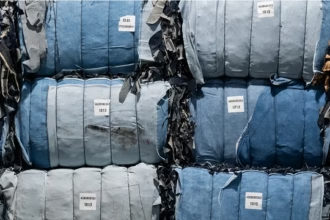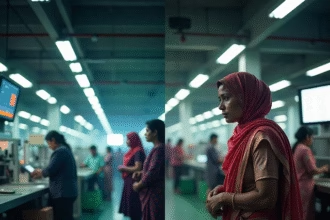As major fashion brands ramp up circular economy efforts—such as take-back schemes, recycling, repairs, and resale—concerns are growing about unintended impacts. A wave of recent reports warns that these programs could expose supply chain workers, especially those in waste processing, to unsafe and unfair conditions.
Emerging Risks Identified by ETI & The Centre
In a recent ETI Insights webinar held on 25 June 2025, the Ethical Trading Initiative together with The Centre for Child Rights and Business presented new research showing that many circular-supply-chain tasks—sorting, grading, deconstructing textiles—are carried out by informal, largely unprotected workers, including women and children. These workers often lack contracts, fair pay, social protections, and face exposure to hazardous materials.
The report emphasizes a key point: while circular models reduce environmental impact, they often ignore the human and child rights dimensions. Without deliberate inclusion, these initiatives risk making informal work more dangerous, not better.
Also Read: Coats Group to Acquire OrthoLite and Cirql in $770 Million Deal
Bangladesh as a Case Study: Thousands Affected
Bangladesh, one of the world’s largest apparel producers, shows the risks up close. Waste sorting, or “jhut” processing, is mostly handled in small, informal workshops. These are often unregistered and run by women working 10–12 hours a day for as little as $80/month.
Most of these facilities lack access to clean water, health care, or even basic worker protections. A Reuters investigation estimates Bangladesh generates 577,000 metric tons of apparel waste every year. Yet only a small part of it is recycled formally. The rest flows through fragmented and unregulated systems, bypassing any labor laws.
Experts and stakeholders agree: building a fair circular industry in countries like Bangladesh requires investments in infrastructure, transparency, and labor rights.
Why This Matters
- Circular initiatives are labor‑intensive. Tasks like sorting, repairing, shredding all rely on human labor—much of it informal.
- Cost pressure may disadvantage safe models. Informal waste operators are often cheaper than certified recyclers, risking erosion of safer practices.
- Potential for unintended harm. Scaling formal recyclers without integrating informal operators risks displacement of livelihoods without proper protections.
Key Recommendations
Experts suggest that circular economy strategies must be socially inclusive, not just environmentally sustainable. That means:
- Actively engaging informal workers, trade unions, NGOs in planning.
- Embedding Human Rights Due Diligence (HRDD) into circular operations.
- Investing in transparent systems like supply‑chain disclosure platforms (e.g. ETI’s Corporate Transparency Framework).
- Supporting local recycling companies that adhere to labor standards
Also Read: Bluesign Reports Sustainability Gains, But Textile Waste Rises
Broader Context
Circular fashion is gaining global momentum. But the fashion industry still struggles to align its environmental goals with social responsibilities. A Vogue Business article recently called on brands to balance both, emphasizing the need to embed human rights from the start—not as an afterthought.
True sustainability requires a focus on both the planet and the people who power the industry. Without that, circularity may end up deepening social injustices instead of solving them.
In Summary
Circular fashion holds promise—but only if it’s done right. Without clear protections, transparency, and investment in workers, it risks creating new forms of harm. Civil society leaders are urging the industry to act responsibly. The goal must be to make circularity empowering, not exploitative.

